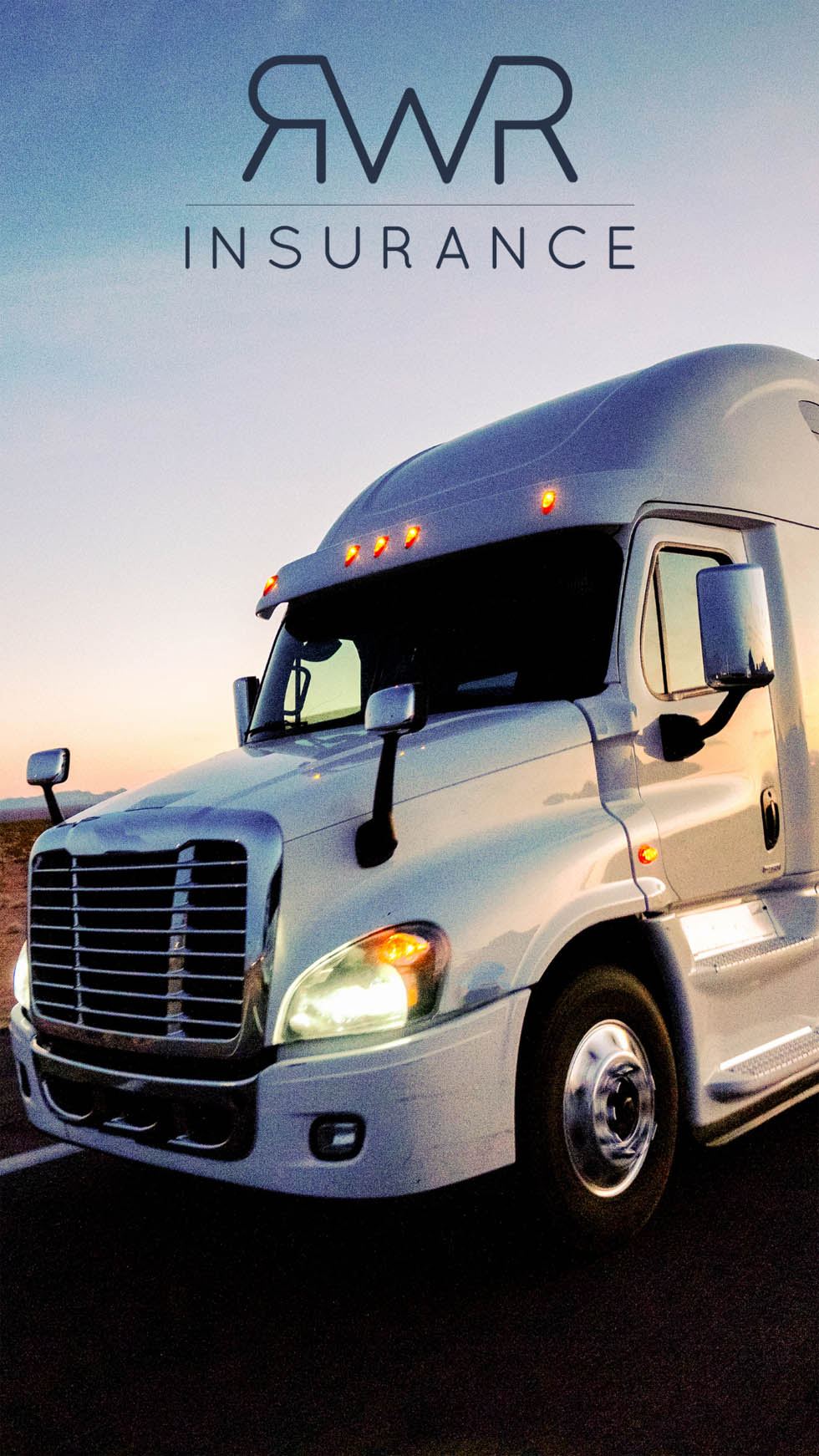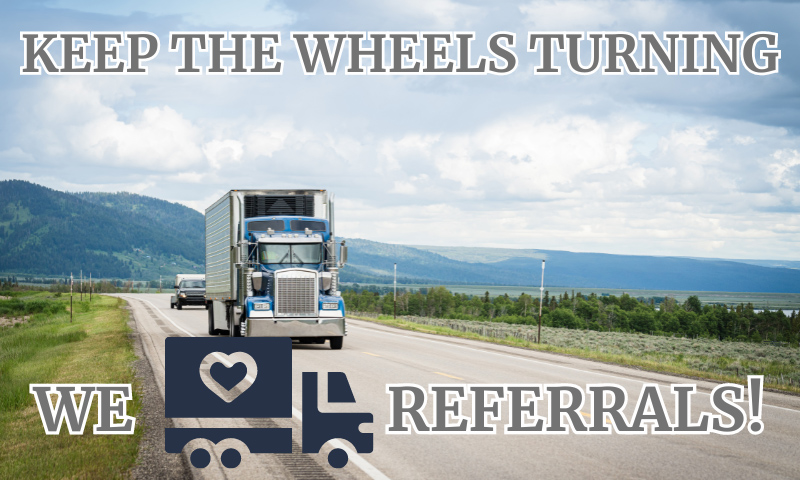Why Trucking Insurance is Important
Trucking insurance is essential coverage designed to protect businesses involved in the transportation of goods. It covers a range of risks including liability, physical damage, cargo loss, and more. This type of insurance ensures that trucking companies and independent operators are financially protected against accidents, theft, and other incidents that could lead to significant losses. With comprehensive trucking insurance, businesses can operate with confidence, knowing their vehicles, cargo, and operations are safeguarded.
Meet Our Trucking Department

Bob Huxta
Partner/Commercial Account Executive

Bradley Hartrampf
Commercial Account Executive

Brandon Hartrampf
Commercial Account Executive

Cory Thomas
Commercial Account Executive

Sarah Baxter

Krista Beegle
Commercial Account Manager

Kelsey Koontz
Commercial CSR

Lisa Hillegass

Jenny Smith

Craig Stiffler

Victoria Gittens
DOT & Fleet Safety Specialist | Risk Management Division
Key Components Related to Trucking Insurance

Primary Liability Insurance
-
Coverage: Protects against bodily injury and property damage that the truck driver may cause to others in an accident.
-
Requirement: Mandatory for all commercial trucks operating on public roads.
Physical Damage Coverage
-
Collision Coverage: Covers damage to the truck from collisions, regardless of fault.
-
Comprehensive Coverage: Protects against non-collision-related damage, such as theft, vandalism, fire, and natural disasters.
Motor Truck Cargo Insurance
-
Coverage: Protects the trucker’s cargo from damage or loss due to accidents, theft, or other covered perils.
-
Importance: Essential for companies transporting valuable or sensitive goods.
General Liability Insurance
-
Coverage: Provides protection against third-party claims for bodily injury and property damage that occur on the trucking company’s premises or as a result of business operations not directly related to driving.
-
Scope: Covers incidents such as slip and fall accidents at the company’s premises.
Non-Trucking Liability Insurance
- Coverage: Provides liability protection when the truck is being used for non-business purposes (e.g., personal errands).
- Purpose: Complements primary liability coverage for non-commercial use.
- Non-trucking liability insurance: Provides coverage if you get into an accident while driving your company truck for non-business purposes. Bobtail insurance covers you when you’re driving a truck without its trailer. Deadhead coverage helps protect you when you’re driving an empty trailer after you deliver cargo to a destination.
Uninsured/Underinsured Motorist Coverage
-
Coverage: Protects against damages caused by a driver who does not have sufficient insurance.
-
Benefit: Ensures coverage for medical expenses and repairs when the at-fault driver lacks adequate insurance.
Medical Payments Coverage
-
Coverage: Pays for medical expenses for the driver and passengers in the event of an accident, regardless of fault.
-
Scope: Can include hospital bills, doctor visits, and other related medical costs.
Workers' Compensation Insurance
-
Coverage: Provides benefits to employees who are injured on the job, including medical expenses and lost wages.
-
Requirement: Mandatory in most states for companies with employees.
Trailer Interchange Insurance
-
Coverage: Protects against damage to a trailer being used under a trailer interchange agreement.
-
Usage: Common in situations where trailers are swapped between different trucking companies.
Reefer Breakdown Coverage
- Coverage: Protects against losses due to the breakdown of refrigeration units on refrigerated trucks.
- Importance: Crucial for companies transporting perishable goods.
Rental Reimbursement with Downtime
-
Coverage: Provides reimbursement for rental expenses and compensates for lost income if the truck is out of service due to a covered loss.
-
Benefit: Helps maintain business continuity during repairs.
Pollution
Pollution coverage for trucking insurance is a specialized form of liability insurance that protects trucking companies and drivers from the financial risks associated with pollution incidents. This coverage typically addresses claims arising from the release of pollutants during transportation, such as fuel spills, hazardous material leaks, and other environmental contaminations. It covers the costs of clean-up, legal fees, and damages to third parties affected by the pollution. Given the strict environmental regulations and potential for significant financial liability, having pollution coverage is essential for trucking businesses to safeguard against unforeseen environmental incidents and ensure compliance with regulatory requirements.
Umbrella
Umbrella coverage for trucking insurance is an additional layer of liability protection that extends beyond the limits of primary insurance policies. This type of insurance provides extra coverage for claims that exceed the limits of standard liability, auto liability, and general liability policies. It helps cover significant financial exposures resulting from major accidents, lawsuits, or catastrophic events. Umbrella coverage is crucial for trucking businesses as it ensures comprehensive protection against large-scale liabilities, safeguarding the company’s assets and financial stability in the face of high-cost claims.




